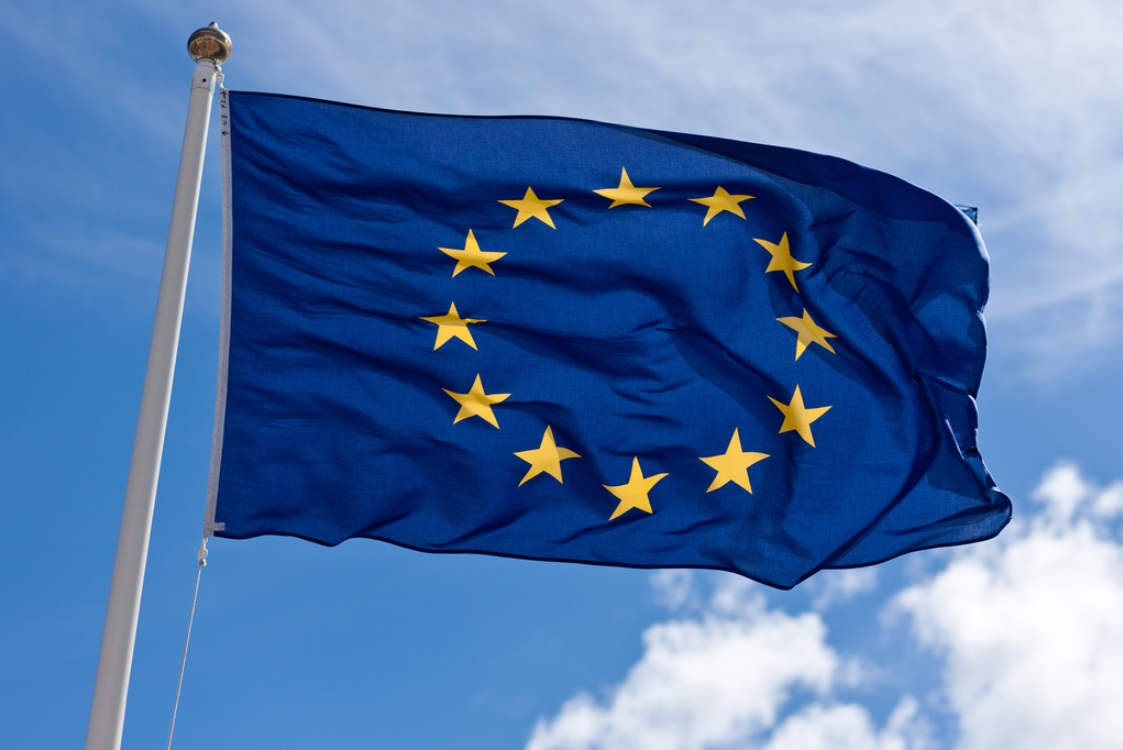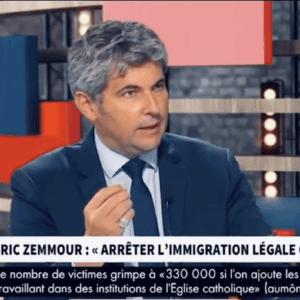Poland and Hungary don’t march to the beat of Brussels’ drum, and what was once simple acrimony has turned into angry and wild accusations, especially after EU bureaucrats realized that there is no way to retreat from the politically and ideologically motivated conflict over the rule of law without losing face. Meanwhile, the penalties system the EU thought would be able to dictate the behavior of Hungary and Poland has so far failed to work.
The financial means of persuasion the EU has at its disposal has already led to the overthrow of several EU member state governments, but it was not through withholding recovery funds, as they are doing now with Hungary and Poland, but through the European Central Bank’s broad financial powers. Through this method, the EU comes smiling, with a gentle touch, and without aggravating public opinion, and forces legitimately elected governments to step back from power.
The real big catch was Silvio Berlusconi, the former head of Italy’s government, who became the first test subject to demonstrate how powerful the symptoms of withdrawal from EU funds could be. He showed how quickly a letter from the ECB disguised as a financial transaction can herald the bleeding out of a nation state. The letter to Berlusconi was written by the Mario Draghi, the president of the European Central Bank (ECB) at the time and now the current Italian prime minister
The letter demanded that Italy introduce the usual neo-liberal austerity “reform”: liberalization, privatization, cuts in collective wage agreements, cuts in pensions, cuts in wages for civil servants, and a continuous balanced budget. The ECB stopped buying Italian government securities, driving their interest rates sky-high, and Berlusconi was forced to resign in the fall of 2011 to avoid state bankruptcy.
The ECB now knew it had a system that worked reliably. Thus, in 2014, citing the Ukrainian crisis and subsequent EU sanctions against Moscow, Brussels simply instructed Bulgaria to stop construction of the South Stream gas pipeline bypassing Russia from Ukraine. In order for Sofia not to misunderstand the order coming from above, the already approved development funds for the Turkish-populated region of the Southern Balkans were withheld, which was completely at odds with the Union’s own set of rules. Turks immediately realized that it would be better for their party to flee the coalition government in Sofia, so the cabinet failed, and the gas pipeline reached Hungary via a new route — a Turkish one — just days ago.
A year later, the ECB waved goodbye to the (also legitimately elected) Greek government.
Greek voters wanted a referendum to reject further brutal austerity measures imposed on their country due to the financial crisis. In response, the ECB withdrew the possibility for the Greek commercial banking system to borrow liquidity from all euro area member states.
The Athens government was forced to choose between bankruptcy or further austerity. Prime Minister Alexis Cypras resigned.
The ECB has consistently been involved in enforcing and holding nations’ feet to the fire over austerity policies and when nations fail to do what Brussels wants or undesirable governments remain in power, they can be removed without a single democratic vote. In other words, Europe’s central bank is engaging in activities that no other central bank in the world can carry out against a democratically elected national government.
It can be said that in all three cases, the EU overthrew legitimately elected governments by ignoring international law. Brussels, on the other hand, is trying unsuccessfully to blackmail Hungary by withdrawing the EU Recovery Fund.






